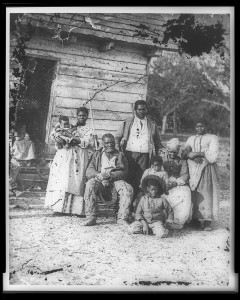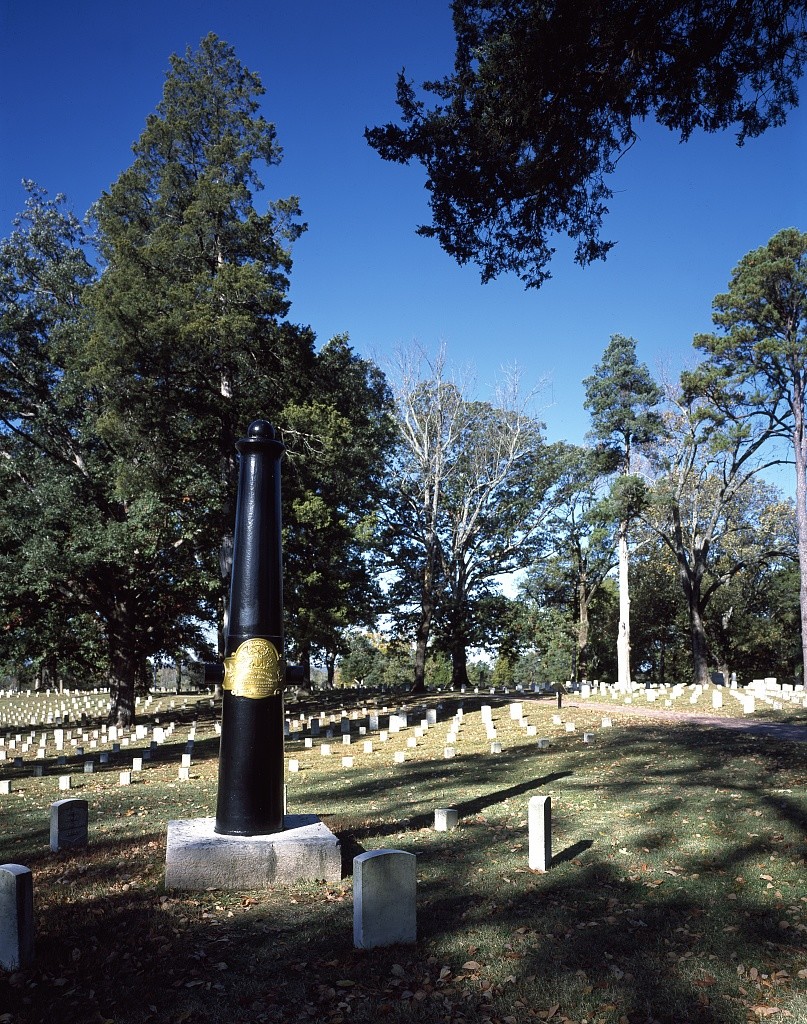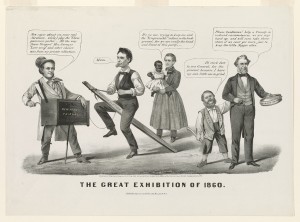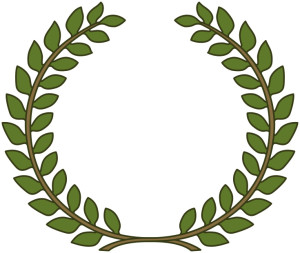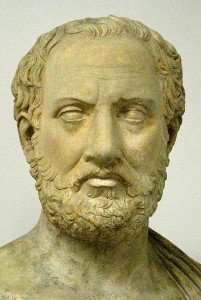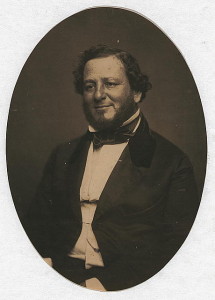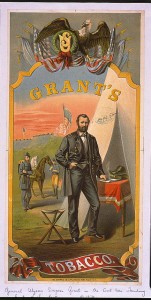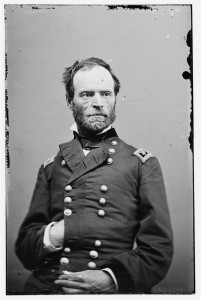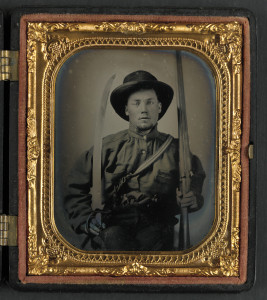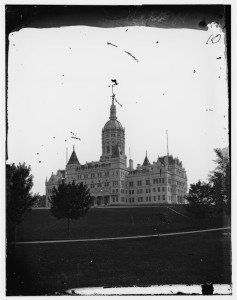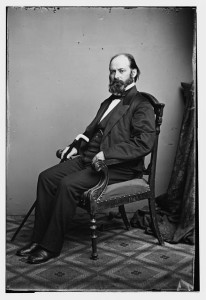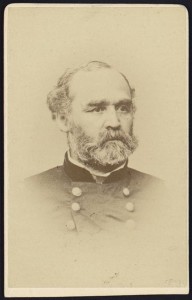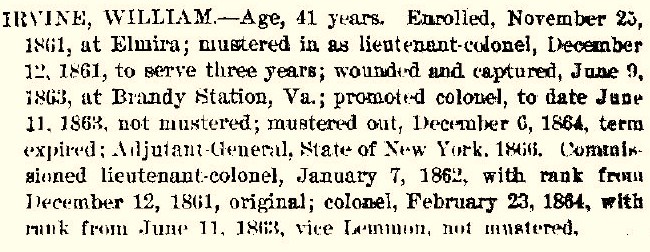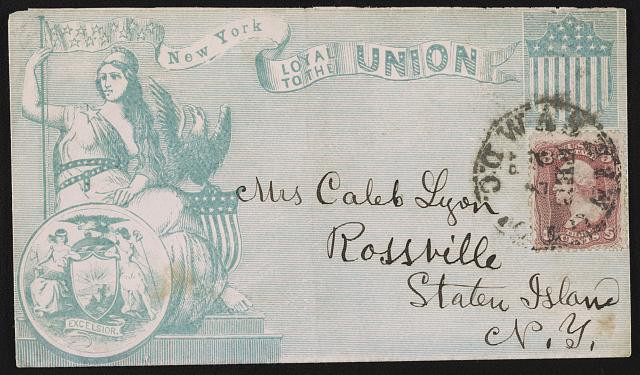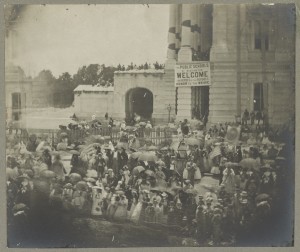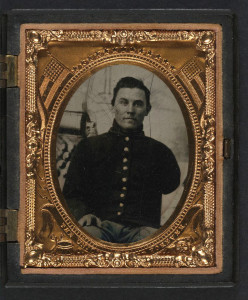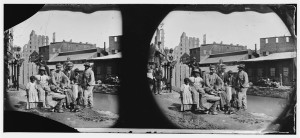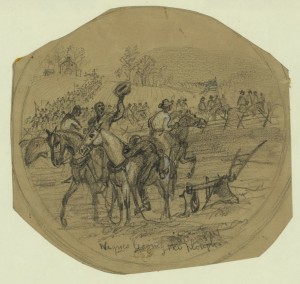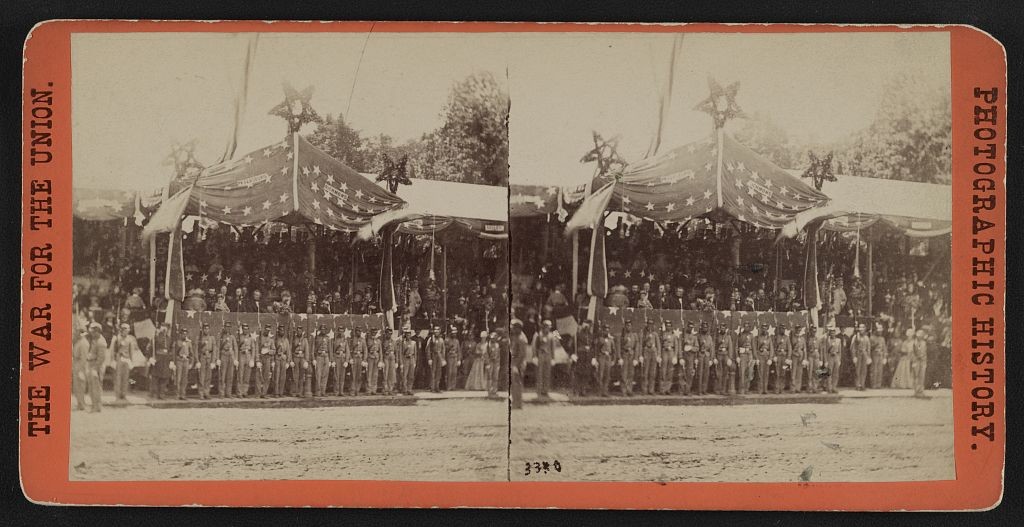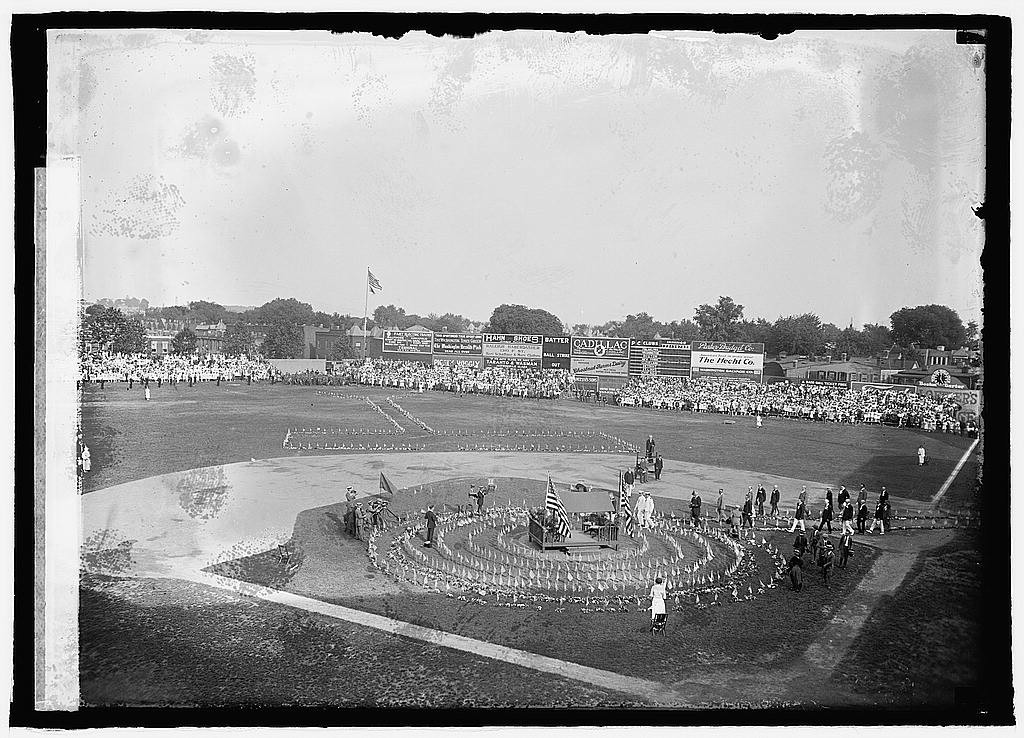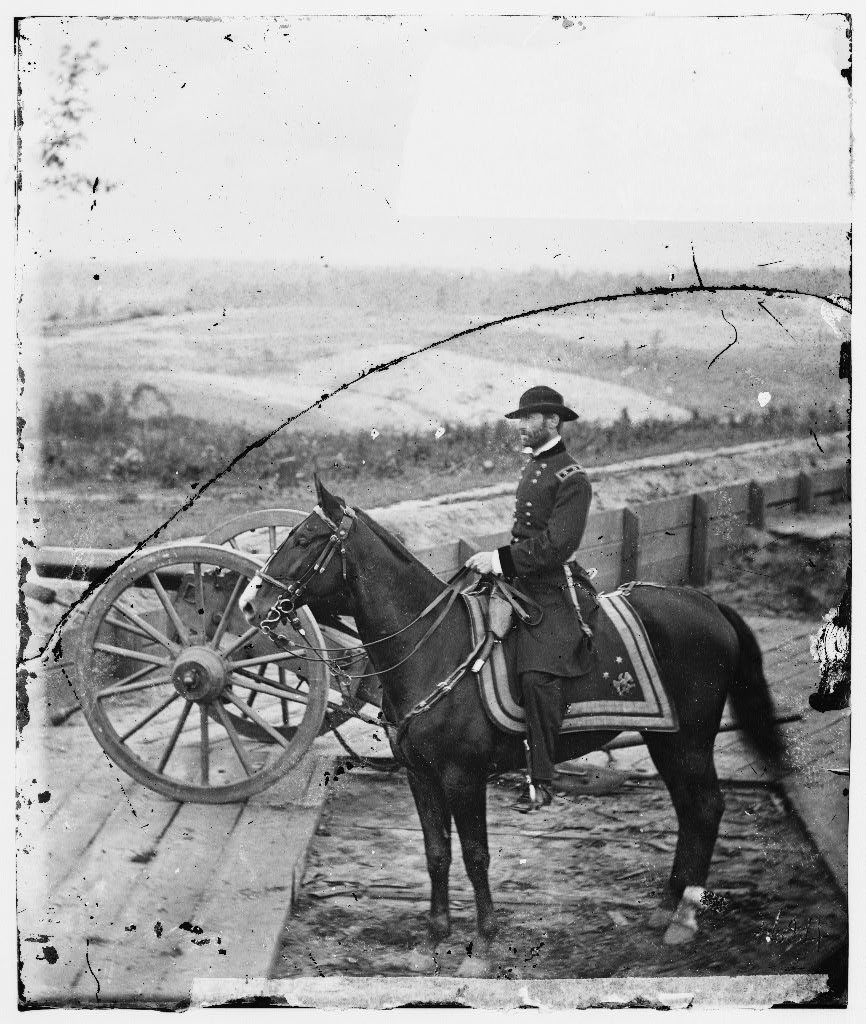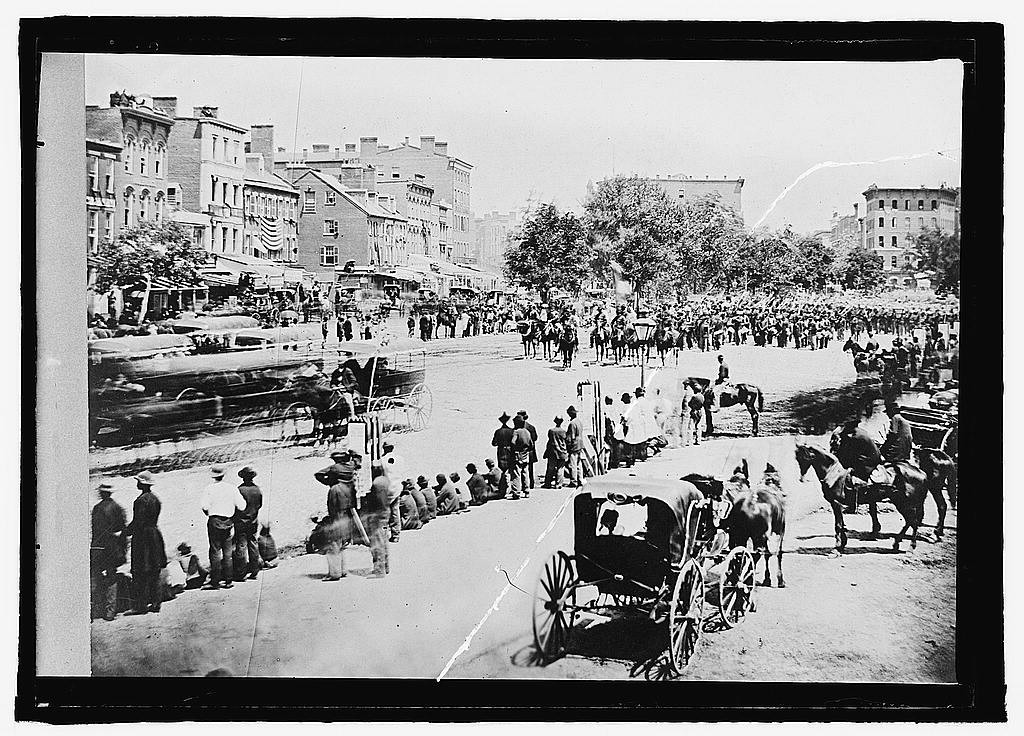
NY Times 6-2-1865
Things are thankfully winding down here but wanted to mention that 150 years ago today I could have read all about the June 1st Day of Humiliation and Prayer called by President Johnson for the purpose of mourning the assassination of Abraham Lincoln. Here’s a report of Frederick Douglass’s speech at the Cooper Institute the evening of June 1st.
From The New-York Times June 2, 1865:
FRED. DOUGLAS ON PRESIDENT LINCOLN.; Vast Gathering at the Cooper Institute. The Speaker’s Views on the Future of His Race. MR. LINCOLN AND COLORED PEOPLE.
[?]and was occupied by about one hundred persons, beside a select class of young ladies, who sang several airs during the evening. Dr. TYNG, President ACTON of the Police Department, GEORGE W. BLUNT, and other prominent citizens, occupied seats on the stage.
The exercises were opened with prayer by Mr. JOHN PETERSON.
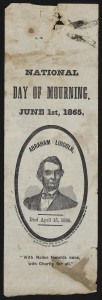
(Library of Congress)
The Chairman, Mr. RANSOM F. WAKE, read the committee’s statement in connection with the refusal of the Common Council Committee to assign colored societies, &c., a place in the funeral procession. The paper denounced the action of the Common Council Committee in unmeasured terms. The document was too long to give it place in our columns.
The chairman introduced the orator of the evening, FREDERICK DOUGLAS, in a few complimentary words. Mr. DOUGLAS was warmly applauded on advancing to the front of the platform. He said that he felt a certain degree of embarrassment in appearing before the audience on this occasion. It was a time when the rarest gifts, the highest eloquence, and the greatest genius the country had produced might fail under the dignity and grandeur of this occasion. It was one of the principal themes which was destined to interest and thrill the hearts of men in the coming ages. If ABRAHAM LINCOLN had died by any ordinary ill by which men are ordinarily removed; if, after a successful life, he had reached the good old age of which his constitution gave promise; if he had lived to see the work he had inaugurated, completed, in a certain degree, his death would have been grand. But ABRAHAM LINCOLN died by the red hand of violence, without warning. He was assassinated — murdered without personal hate — for no man that knew ABRAHAM LINCOLN could hate him. He died because he was the President of the United States, duly elected. For this he was killed — murdered — assassinated. This is the great, all-commending reason why we pay homage to his memory. For this reason men everywhere pay homage to his memory as a glorious martyr of freedom and human rights. In this view we should consider him. The most the speaker could do in a time like this, when the press, the pulpit and the platform are employed on this one theme, was to give back to the country the thoughts and feelings derived from the country. The speaker was but as the wave of the ocean, deriving his strength from the sea. All over the country men are thinking of ABRAHAM LINCOLN, their martyred President. Statesman, scholars, poets, as never before, are paying tributes to the memory of our martyred President. It was proper, as it was well deserved on his part, and it was beautiful on our part.
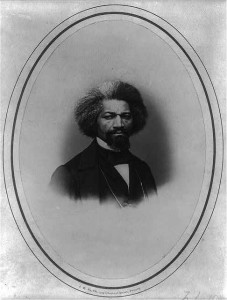
New York City excluded blacks from procession for President Lincoln???

(Library of Congress)
Mr. DOUGLASS said that it was well that the colored people should have a voice in these marks of respect to our martyred President. No people as a class have more reason to lament his death and revere his memory than the colored people of the United States. They were the only people prohibited from publicly expressing their regret and sorrow at the death of the President. It was hardly worth while for him to denounce the action of the authorities of New-York in excluding the colored people from the procession, but if be should say anything it would be that it was the most disgraceful and scandalous proceeding ever exhibited by people calling themselves civilized. [Applause.] The speaker inquired, What was ABRAHAM LINCOLN to the colored people? And what was he to them compared to the long line of his predecessors, who were the servile and abject devotees of the slave power? ABRAHAM LINCOLN was unsurpassed by any in his interest for the white man, and was emphatically the black man’s President. He was the first of the long line to show any respect to the rights of the black man, or to acknowledge that he had any rights the white man ought to respect. Let the whi[t]e man do all it is possible to perpetuate his memory, but let the colored people have space for one stone to give some intimation of the great reverence and love, the colored people have for ABRAHAM LINCOLN. Those love most who receive most. [Applause.] The lecturer said that the most affecting incident he had heard was that of a poor colored woman who was found weeping near the Presidential mansion. When asked why she wept, she replied, “We have lost our Moses.” The answer was given, “God will send you another.” The woman quickly said, “I know that, but we had him already.” [Applause.] The speaker continued and said the colored people believed in ABRAHAM LINCOLN, had loved him even when he smote and wounded them. They thoroughly trusted and believed in him; but it was no blind belief, unsupported by reason. They caught a glance of him in the beginning, and viewed him in the light of his great mission, they trusted as men seldom trust. They would have been pleased if he had confined his reasons to other motives than expediency or military necessity, but they wanted to see the grand fact that slavery was being abolished. They saw good in the fact that he was plucking out the writing of ages — prejudice; they saw three millions made free and given the right to defend their freedom with the rifle and cartridge-box. They saw good in the fact that the power of the rebellion has been ground to powder and blown away as dust before the North wind. They took no captious exception to incidents connected with their transition from slavery to freedom. Mr. DOUGLASS said he would not speak to them as colored men, but as men among men; as fellow-citizens having the same glory in the common interests of the country as other men. From this standpoint the prospect is bright and glorious for the future greatness of the nation. In alluding to the death of Mr. LINCOLN, the speaker said that nothing could have produced greater consternation. Although we had not yet reached land, we might say that we had survived the agony of the fierce and sanguinary rebellion, with a prospect of peace. If we are wise and great, will it be disturbed by the proud and insolent oligarchy of the South? Already the key-note of Justice has been sounded; already order has come out of confusion, and the law has become a terror to evil-doers; traitors and assassins — male or female — whether in male or female attire — are to be punished. [Applause.] Slavery has been blotted out and abolished forever, and the negro is to be enfranchised and clothed with all the dignity of the American citizen. [Applause.] The poor whites of the South, who have been looked down upon and oppressed by the slaveholders, are also to be lifted up from their social and political debasement. Henceforth there should be no North, no South, no East, no West in American politics, but it should [b]e a nation of all for all. We shall stand as a power among the nations of the earth. The lecturer pictured a glowing future for our country, and said that in the assassination of ABRAHAM LINCOLN there was a bow of promise. It was perhaps necessary that we should pass through this last ordeal. Mr. DOUGLASS spoke of the hostility of foreign nations to the government, and their doubts of the success of the nation to withstand the ordeal, and said that the oppressed of other lands were stretching forth their hands for freedom since our success had become evident. In alluding to the cause of the rebellion, Mr. DOUGLASS said that it was beyond human power to have prevented it. It was a part of, and grew out of, fundamental errors in our system. We had reaped what we had sown. We could no more evade this war than we could evade our antecedents. Slavery was the seed of rebellion and assassination. We should learn a lesson from the war, and in the reconstruction of the States, not incorporate, any vestige of slavery in it, to hand down to our children. In our system was a gigantic evil which we had to put away, — peaceably if we could, forcibly if we must. In conclusion Mr. DOUGLASS passed a high eulogium on the independence, integrity, and kindness of Mr. LINCOLN’s character, illustrating his remarks by several anecdotes of his own experience with the late President.
At the close of the lecture Mr. DOUGLASS was warmly applauded.
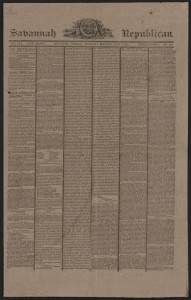
mourning columns in Georgia (Savannah Republican 6-1-1865)
